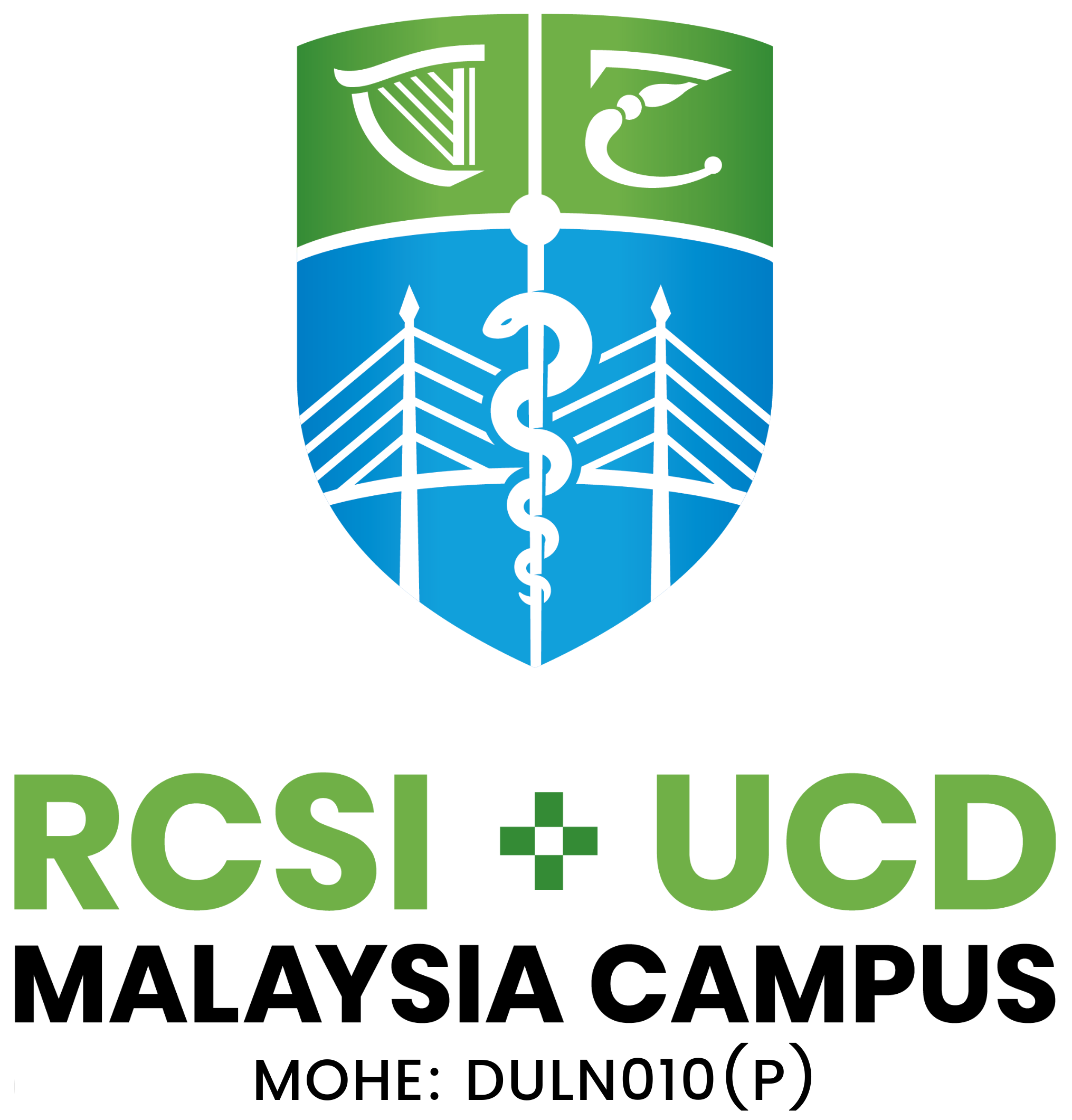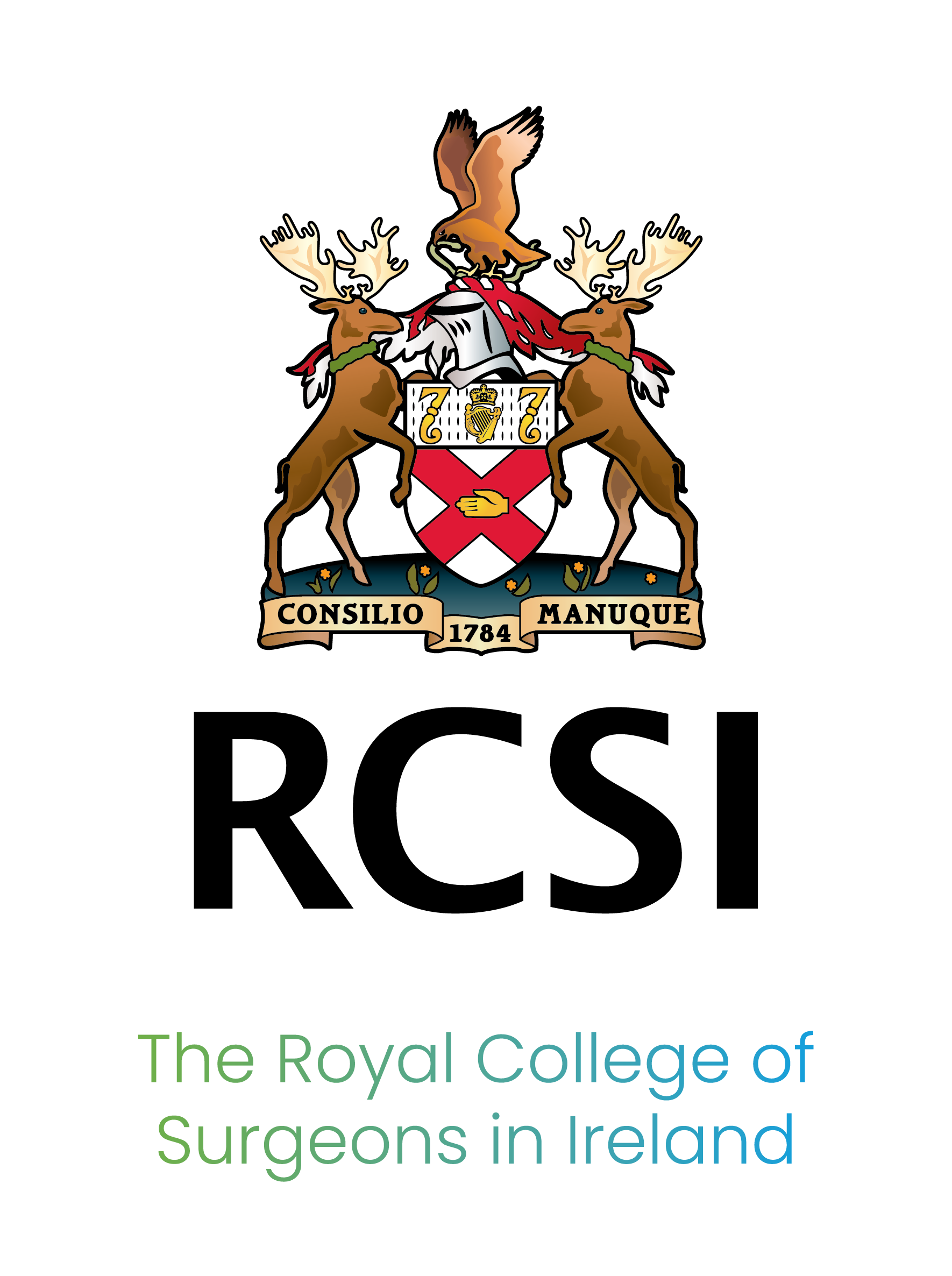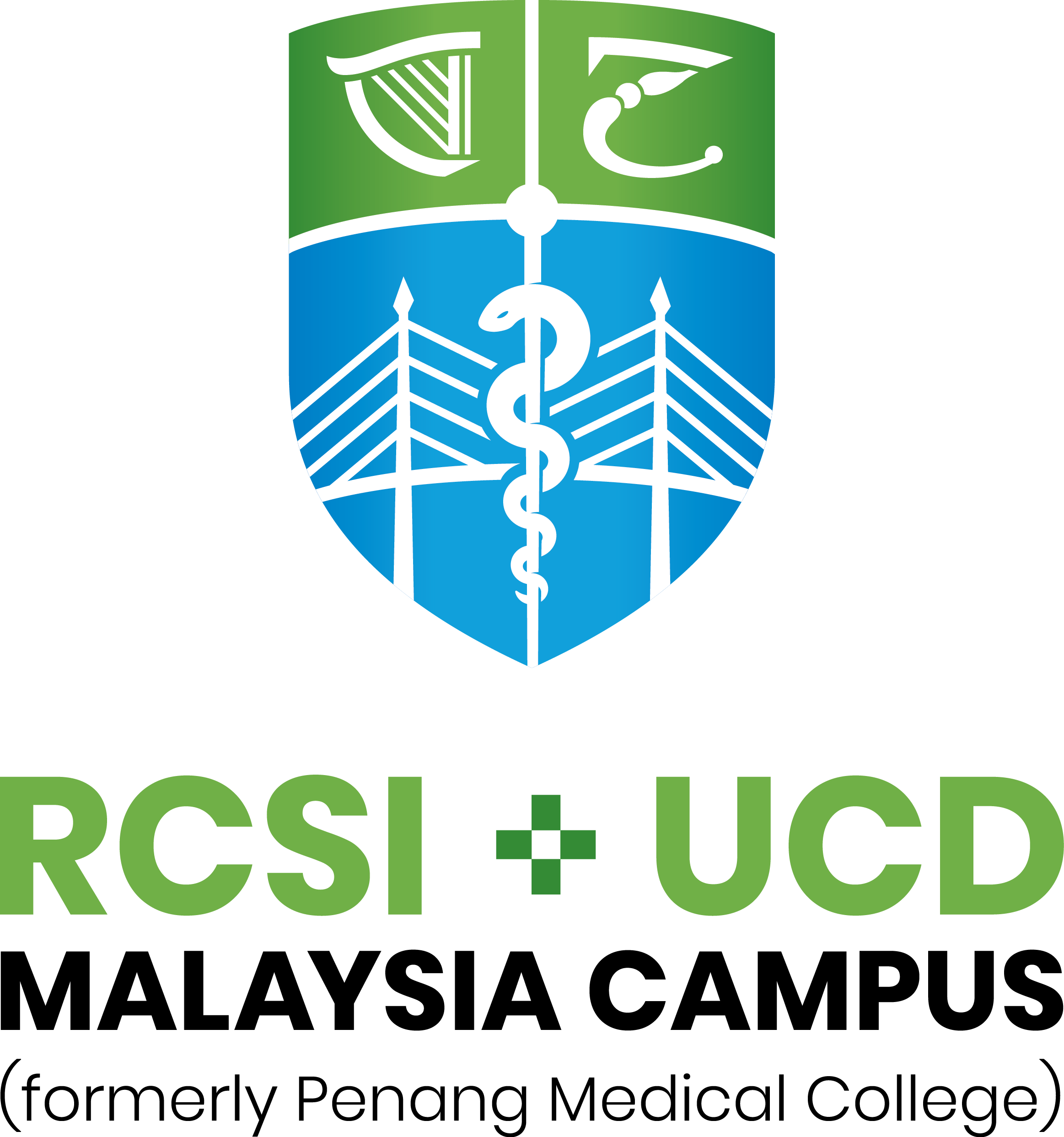Build Patient-Doctor Relationships with Effective Communication
Aug 15 2023

Effective communication is an essential skill for healthcare professionals, particularly in the field of medicine. Establishing strong patient-doctor relationships is built on a foundation of open, empathetic, and effective communication. In Malaysia, as medical students pursue their Bachelor of Medicine degree and adjust to the lifestyle of medical school, developing these communication skills becomes crucial. This article explores the significance of effective communication in medicine, its role in building strong patient-doctor relationships, and how medical education in Malaysia prepares students for successful medical careers and meaningful interactions with patients.
Understanding Effective Communication in Medicine
Effective communication in medicine goes beyond relaying information. It involves active listening, empathetic understanding, and clear and concise expression of medical knowledge. The RUMC medical degree programme emphasises the development of communication skills to ensure that future healthcare professionals can establish rapport, gain trust, and deliver quality care. As students pursue their medicine degrees in both Ireland and Malaysia, they learn how to navigate cultural diversity and adapt their communication approaches to suit individual patients’ needs.
Effective Communication Strategies
In the field of medicine, effective communication plays a vital role in building strong patient-doctor relationships. Healthcare professionals must navigate difficult conversations, deliver challenging news, and manage patient expectations with sensitivity and clarity. Here are some key strategies to enhance communication in these situations:
Navigating Difficult Conversations
- Create a comfortable and private environment for the conversation.
- Practise active listening and show empathy towards the patient’s emotions.
- Use clear and simple language to explain complex medical information.
- Allow the patient to express their concerns and ask questions.
- Provide support and resources to help patients cope with difficult situations.
Delivering Challenging News
- Choose an appropriate setting and time to discuss challenging news.
- Use a compassionate and empathetic tone while delivering the information.
- Provide information gradually, allowing the patient time to absorb and process the news.
- Address the patient’s emotional reactions and offer support or counselling services.
- Offer clear next steps and potential treatment options, if applicable.
Managing Patient Expectations
- Set realistic expectations regarding treatment outcomes, recovery timelines, and potential risks.
- Clearly communicate the roles and responsibilities of both the healthcare provider and the patient.
- Encourage open dialogue, allowing patients to voice their expectations and concerns.
- Provide information about alternative treatments or options, if appropriate.
- Continuously reassess and adjust expectations as the patient’s condition evolves.
Clear and concise communication is essential in healthcare settings to avoid misunderstandings and enhance patient compliance. It involves presenting information in a manner that patients can easily understand, ensuring they are actively engaged in their own healthcare decisions.

Building Strong Patient-Doctor Relationships
Strong patient-doctor relationships are founded on effective communication. When doctors establish clear lines of communication, patients feel heard, respected, and involved in their own healthcare decisions. At RUMC, medical students are taught the importance of active listening and building trust through open and empathetic communication. This approach fosters collaboration, as patients become active participants in their care, leading to improved treatment outcomes and patient satisfaction.
The Importance of Empathy in Communication
Empathy in communication allows doctors to put themselves in the patient’s shoes, gaining a deeper understanding of their fears, concerns, and needs. This understanding helps doctors tailor their communication approach, using language and tone that resonate with patients on an emotional level. When patients feel that their healthcare providers genuinely care, it increases their comfort and confidence in sharing important information, which in turn leads to more accurate diagnoses and effective treatment plans.
Moreover, empathetic communication positively impacts the overall healthcare experience. Patients who experience empathetic care report higher levels of satisfaction, better adherence to treatment, and improved emotional well-being. Empathy also helps patients cope with the stress and anxiety often associated with medical situations, fostering a sense of support and reassurance.
Tailoring Communication to Cultural and Linguistic Diversity
Malaysia’s multicultural society presents a rich tapestry of beliefs, practices, and languages, making it essential for healthcare professionals to adapt their communication styles accordingly. Adapting communication to cultural backgrounds involves understanding cultural norms, values, and healthcare beliefs. This may include addressing patients using appropriate honorifics, considering dietary or religious restrictions in treatment plans, or recognising the significance of family involvement in healthcare decisions.
Furthermore, linguistic diversity poses additional challenges, particularly in areas with multiple languages spoken. Healthcare professionals must strive to bridge language barriers through various means, such as utilising translated materials or having fluency in spoken languages. Clear and accurate communication is essential for ensuring that patients fully comprehend medical information, ask questions, and actively participate in their own care. By tailoring communication to cultural and linguistic diversity, healthcare professionals demonstrate respect and create an inclusive environment where patients feel understood, respected, and well cared for.

Medical Career Opportunities in Malaysia
Malaysia offers diverse medical career opportunities for graduates. The country’s healthcare system encompasses public and private sectors, providing avenues for medical professionals to contribute to patient care, research, and healthcare management. Effective communication skills are highly valued in the Malaysian healthcare industry, as they facilitate collaboration among multidisciplinary teams and enable doctors to connect with patients from various backgrounds. Medical graduates from RUMC can pursue specialisations, work in hospitals, clinics, research institutions, or engage in community healthcare initiatives. By incorporating effective communication skills into their practice, doctors can make a significant impact on patients’ lives and contribute to the advancement of healthcare in Malaysia and the world.
In the journey of obtaining a Bachelor of Medicine degree at RUMC, students gain a comprehensive understanding of effective communication’s role in building strong patient-doctor relationships. By honing their communication skills, medical students are prepared to navigate the demands of medical school, pursue diverse career opportunities, and provide compassionate and patient-centred care throughout their professional journeys.



